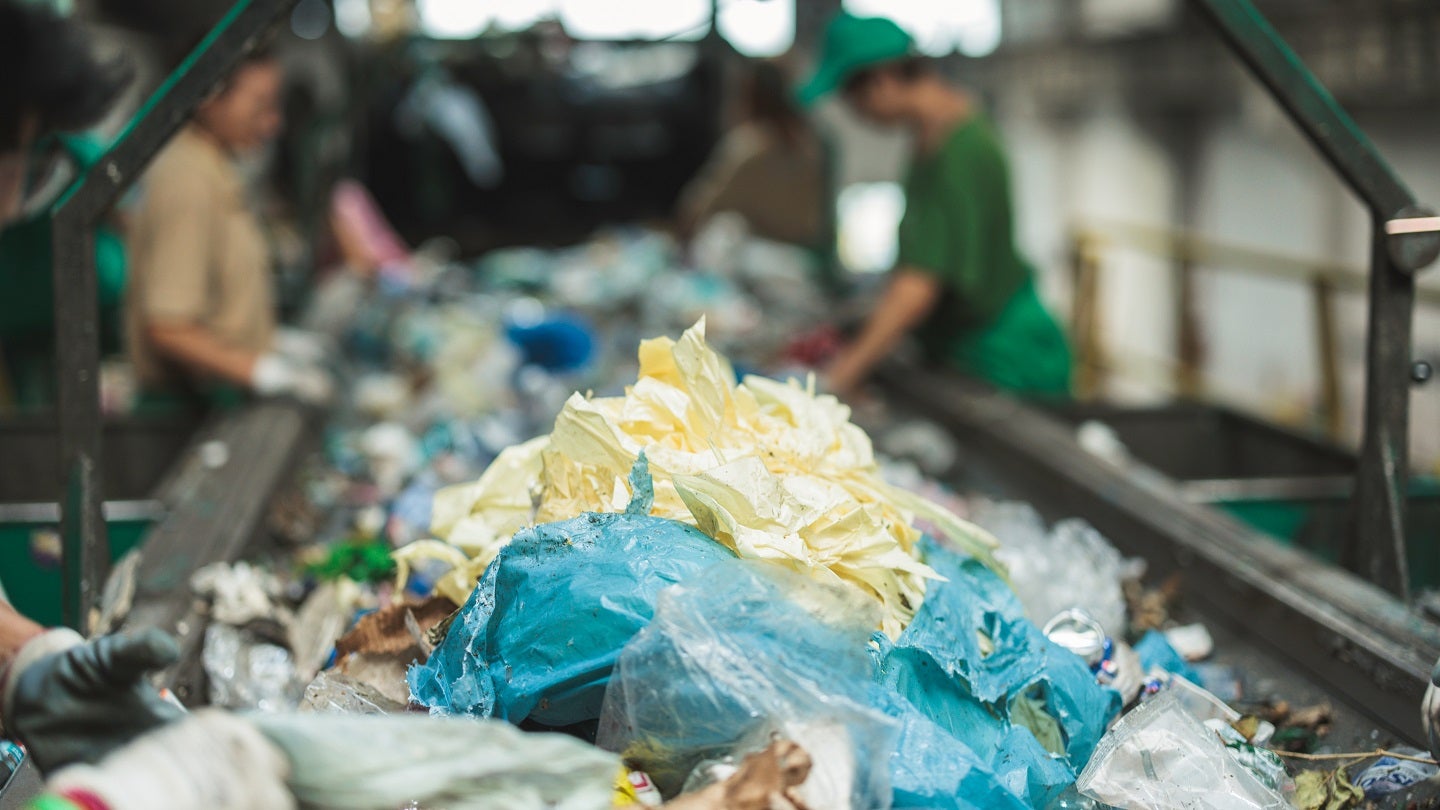
The governments of Australia and Tasmania have joined forces to tackle the plastic waste crisis in the state of Tasmania with a $1.26m coinvestment.
The investment will support the expansion of the I M Holdings recycling facility in Brighton, Victoria, Australia.
Upon completion of the upgrade, the facility will be capable of recycling soft and flexible plastic waste, including polypropylene and polyethylene.
According to a statement released by Tasmania’s Environment and Climate Change Minister Roger Jaensch, the expansion will divert an additional 1,700 tonnes of plastic waste from landfills in the country.
The expansion will also support six long-term jobs.
Jaensch said: “This joint investment will support Tasmania’s transition to a circular economy, where as much valuable material as possible is diverted from landfill through reuse, recycling and remanufacturing.
“I look forward to seeing the project proceed as it will turn used soft plastics into value-added products, creating jobs and business development in Tasmania while reducing the need to dispose of soft plastic to landfill.
“This follows on from the successful grant application by Timberlink for a wood plastic composite plant to upcycle plastic waste and plantation timber mill residues.
“Supporting resource recovery initiatives like these are crucial to sustaining the future of Tasmania’s environment.”
The national government of the country has been accelerating the circular economy domestically through its Recycling Modernisation Fund.
The fund aims to support projects, increase processing capacity in the country by 1.3 million tonnes, and generate more than 3,000 jobs.



